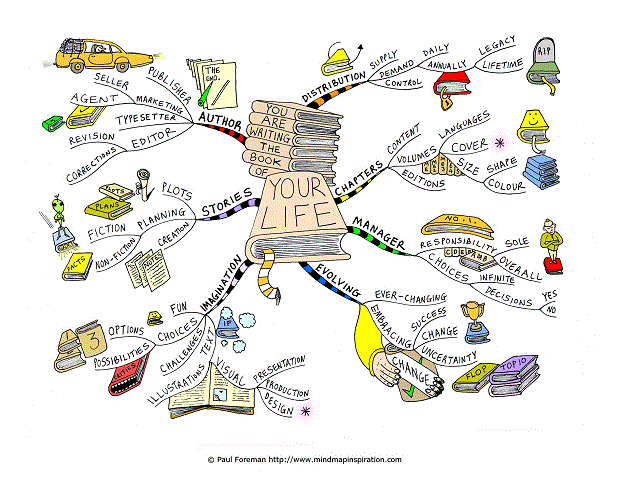Love them or loathe them, book clubs have taken off in the last decade at a rate not seen since Jane Austen was a gal. Why? Despite their traditionally highbrow and/or daggy reputation, there are many, many wonderful benefits of book club that are gaining widespread acknowledgement. Also, with the world in a mess, it’s no wonder people are looking to some escapism in the form of a book!
10 benefits of book club include:
1. Provides Alternate Perspectives
Unless you’re all related (even then families can have vastly different points of view on the same topic!), your book club members will likely come from different backgrounds, cultures and education. This means they’ll bring different perspectives to the book discussion. These perspectives can help you learn new things and offer alternate angles to a discussion point that you may never have considered!
The flipside is that differing perspectives can lead to disagreements and even arguments. There’s nothing like two readers going to town over a book to get everyone in the room uncomfortable! This is why it’s super important to always be kind and considerate of each other in book club. Continue reading









